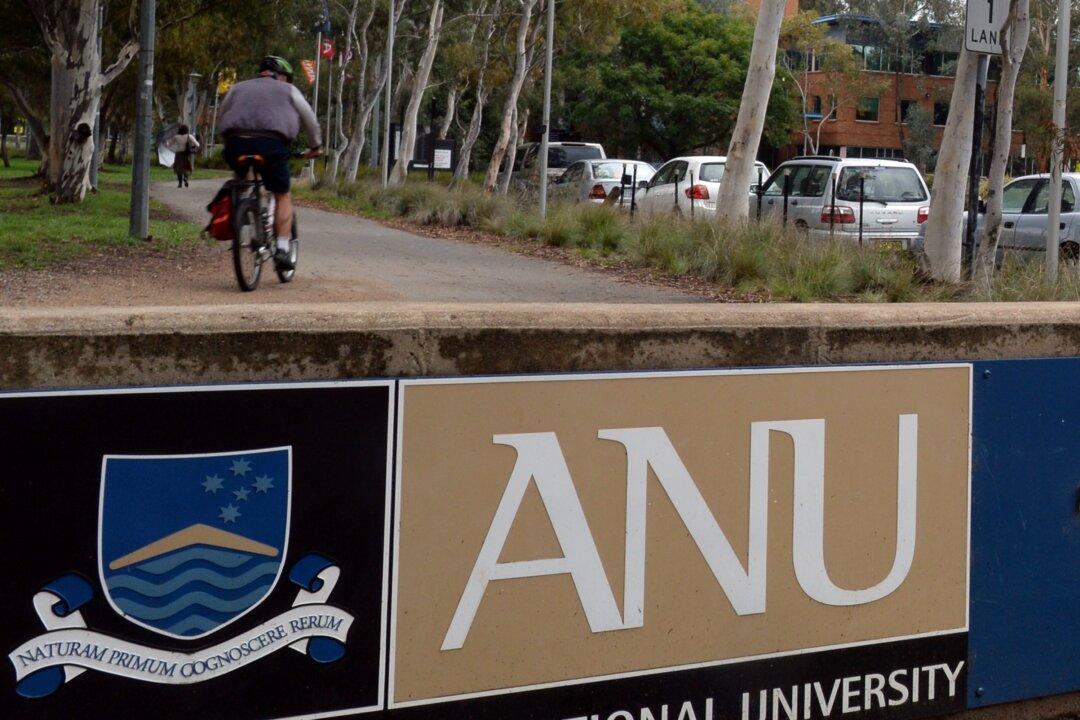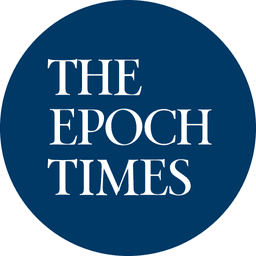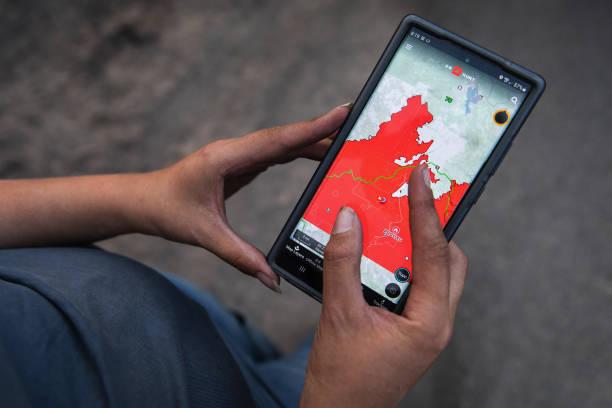The Queensland government and the Australian National University have struck a $30 million deal with the WearOptimo to start mass-production a new, potentially life-saving technology in Australia.
A partnership between the Queensland Government, The Australian National University (ANU), WearOptimo, and the Australian National Fabrication Facility (ANFF) are looking at manufacturing and distributing WearOptimo’s inexpensive MicrowearableTM devices that allow patients and their doctors early warnings of life-threatening events, including heart attacks, heatstroke, and other conditions.





